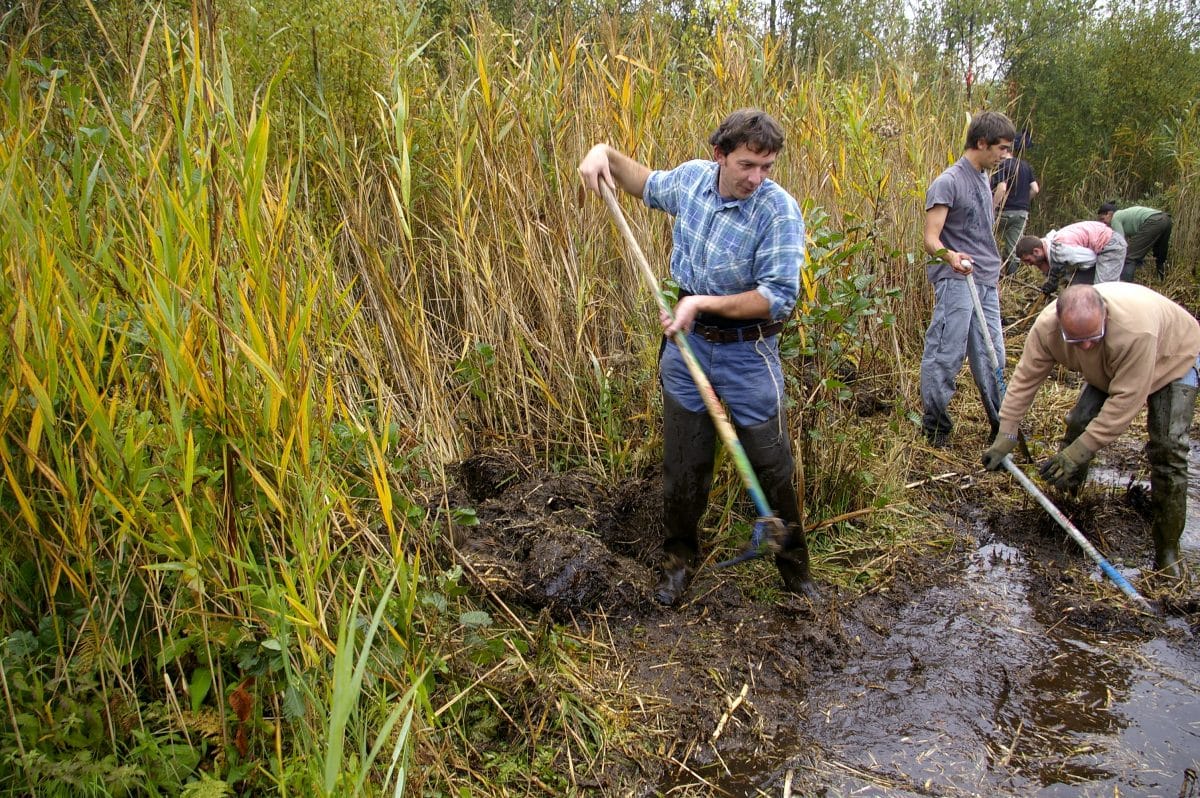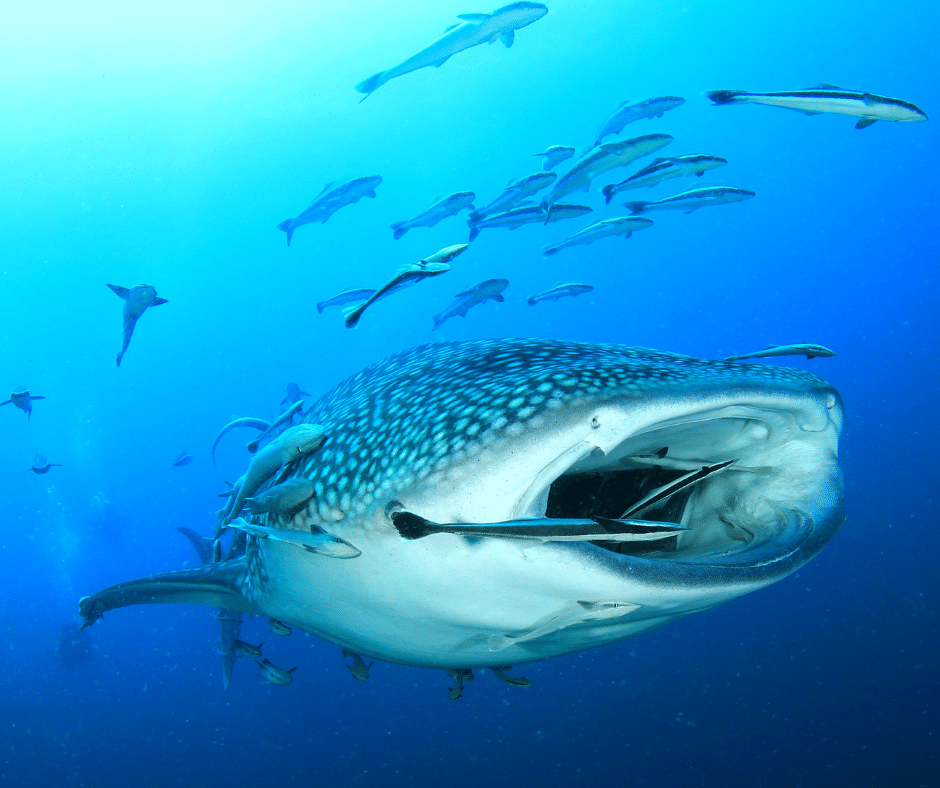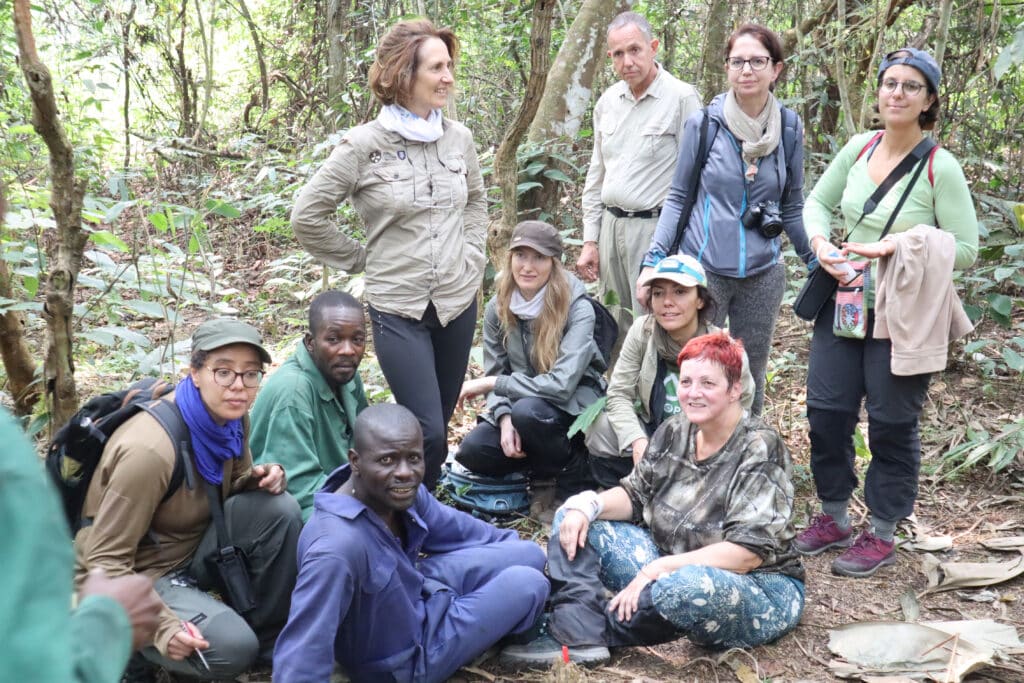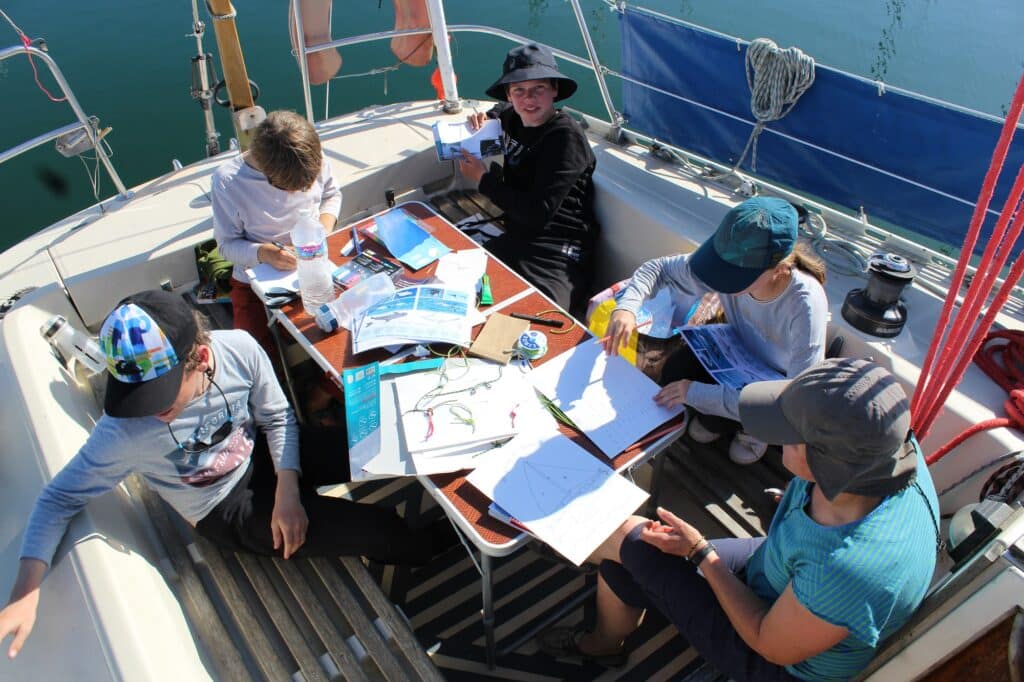Many eco-volunteers are looking for assignments with no financial contribution. For many, going on anecovolunteering mission is a way of discovering a trade or acquiring a first professional experience. However, not everyone is in a position to make a donation and cover the costs associated with an ecovolunteering mission. There are, however, ways of taking action to protect biodiversity and the environment without financial participation on the part of volunteers. In this case, we refer to them as nature volunteers. These nature volunteer missions are mainly located in France. Here are a few examples
Examples of nature volunteering in France
The Blongios, nature in the making
Les Blongios, nature on the job. This association organizes ecological workcamps (restoration and rehabilitation), for a day, a weekend or a week. A car-sharing system is organized to get to the work site.
Who to contact: Aux Blongios
Mountain Riders
Mountain Riders is an association that specializes in cleaning up ski resorts. Today, its team is leading the project Montagne Zéro Déchet sauvage en 2030. This project brings together all mountain stakeholders and aims to reduce all litter at source. The association's aim is to mobilize all mountain stakeholders in the deployment of the Montagne Zéro Déchet en 2030 National Charter. This charter implies the implementation of action plans to reduce litter at source, on a national scale and by local players. Mountain Riders
Picardie Nature
Picardie nature is an association that runs a program to study and protect seals in the Bay of the Somme. Every year, the association is looking for volunteers to take part in "summer surveillance" of the seals in the Bay of the Somme. The Somme Bay seal colony is the largest in France. In summer, they are vulnerable to human activity.
A "summer watch" is set up to protect the resting areas of seal groups, monitor births and prevent the separation of mother-pup pairs. More info here
Volunteer for the bear in the Pyrenees
Get involved with Parole d'Ours to promote the presence and cohabitation of bears and humans in the Pyrenees. Parole d'Ours is an eco-volunteer information and communication program about bears in the Pyrenees. More information on the FERUS program here
Chiroptera groups
There are almost 1,400 species of bats in the world. Bats alone account for 20% of the world's mammals, and they play an essential ecological role in ecosystems. Chiroptera groups all over France are looking for volunteers. Chiroptera groups
Parole de Loup
Join FERUS as an eco-volunteer for wolf protection. The association needs volunteers to carry out its project. Since its natural return to France in 1992, the wolf has created controversy. Every summer, tensions are rekindled between breeders, local residents, hunters, public authorities, wolf defenders and the local media. By becoming an eco-volunteer with the Parole de loup program, you are taking part in a field action designed to remind people that it is possible for the wolf to cohabit with man. All summer long, the Parole de Loup team will be meeting the public at markets, festivals and shops. More information on the eco-volunteer program with theFerus association
Terre et Humanisme
VolonTerre with Terre et Humanisme. The Terre et Humanisme association considers the preservation of Mother Earth and the awakening of humanism as two inseparable elements... Created in 1994 under the name "Friends of Pierre Rabhi", and renamed in 1999, this association works to transmit agroecology. Since its creation, Terre et Humanisme has welcomed volunteers who wish to discover agroecology. These volunteers, known as Volon'Terres, are invited to take part in an immersion stay in the educational gardens at Mas de Beaulieu in Lablachère, Ardèche.
More information on volunteering with Terre et Humanisme
The League for the Protection of Birds (LPO)
The Lique de protection des oiseaux (French bird protection association) offers over 40 missions every year throughout France. Volunteer work varies according to the project. It could be monitoring the post-nuptial migration of passerines at the Pointe de l'Aiguillon, designing owl nesting boxes, or reintroducing the black vulture and griffon vulture to the Gorges du Verdon.
Who should you contact? LPO
Wwoofing
Wwoofing is a network of organic farms developed in many countries, bringing together people wishing to discover an ecological way of life, and farmers wishing to share their know-how in organic farming.
Who should you contact? Wwoofing
Find out more about Aurélie's advice for free ecovolunteer missions abroad
Why pay for an ecovolunteering mission?
Ecovolunteer missions require a financial contribution, mainly because of the logistical costs involved and the donation needed to ensure the sustainability of the field project. While ecovolunteering is certainly a form of eco-participatory tourism, it belongs above all to the solidarity economy ecosystem. Ecovolunteering promotes a virtuous economic model. Your financial participation and your action within a field organization have a positive impact on biodiversity and the local economy. When you return from your mission, you become a true ambassador for sustainable development.
Accommodation and food
At the mission site, ecovolunteers are housed and fed, which represents a considerable cost. To these costs must be added the transfers organized to bring the ecovolunteers to the mission site, as well as all the stewardship and management of a center: water, electricity, cleaning and maintenance costs...
Equipment rental (boat or all-terrain vehicle)
Some projects require investment in the rental or purchase of specific means of transport. This is the case for cetacean study and preservation missions at sea. To observe marine fauna, the association needs to rent a boat and hire a skipper. In a reserve, the purchase of an all-terrain vehicle is essential.
Employment of local staff
In all projects, several people are employed to manage the day-to-day running of the center. Whether ranger, animal manager, cook, biologist or animator, the permanent members of staff are employees without whom none of these wonderful adventures would exist.
Your training
Ecovolunteering doesn't require any special skills. In all the projects you take part in, professionals supervise and train you in the tasks they entrust to you. In this way, you benefit from new knowledge and develop new skills. These supervisors are professionals, sometimes scientists, who share their knowledge with passion.
In addition, it is now possible to benefit from training courses during these stays. One mission in South Africa, for example, offers training as a nature guideor a stay in Kenya that offers training on an eco-responsible eco-responsible farm
Ecovolunteer safety
On an ecovolunteering mission, you'll often find yourself in an isolated area, in a sometimes hostile environment. The host organization has organized everything so that you can evolve in complete safety, even in the midst of the Big Five! This too comes at a cost. In the case of a mission in an African reserve with wild animals, you are always accompanied by a professional ranger who has the skills to help you evolve in a hostile environment.
Project selection
- When you go on a holiday that's committed to the planet, you have two choices: either you go directly to an association, or you go through an intermediary structure. I'll come back to the advantages and disadvantages of both options in a later chapter.
- When you go through an intermediary structure, professionals work upstream for you. This comes at a cost. Indeed, when an agency proposes a stay, it has already sent a person on site to ensure the quality of the mission. This person acts as an intermediary between the future ecovolunteer and the project. Some agencies even book the plane tickets and the first night's accommodation on site. This intermediary structure works with salaried employees and has expenses like any other company.
The gift of biodiversity
The price of the mission includes a donation for biodiversity. In other words, in addition to your work, you make a financial donation to the host project. This donation ensures the sustainability of the local environmental protection project. In many countries, there are no government subsidies for saving the planet. Your donation is therefore invaluable!
You may also like
- Wwoofing at the heart of France's organic farms
- Selected missions of Cap sur l'écovolontariat
- What is solidarity travel?




